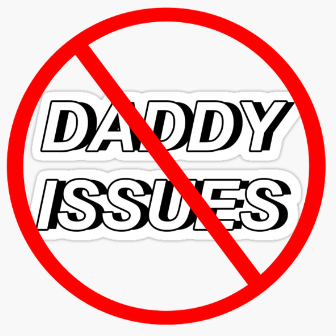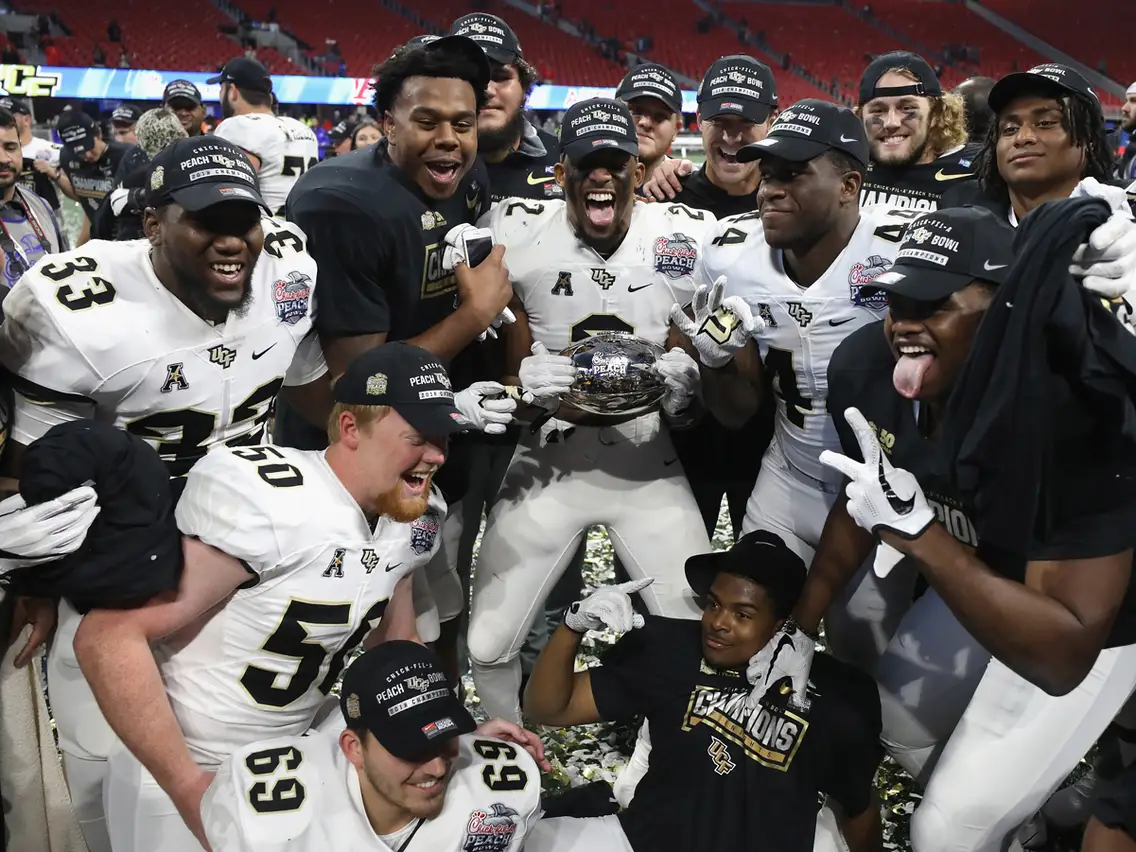
The term “daddy issues” is commonly used in the media to describe someone who has issues with their father figure. Typically, it is said to someone to make humor of a situation that can actually be very serious. “Daddy issues” is a saying that should not be used in any situation to sexualize, make fun of or victim blame young girls for their father’s issues or issues with their fathers.
The term is used to sexualize women because of their lack of relationship or issues with their fathers. In some situations, if a woman either refuses to sleep with a man or has relationships with men that are strictly sexual, they are told (or it is assumed) that they have daddy issues. Emily Jol, an author, has had issues with the term ever since she first heard it., “A guy at the party pulled me aside and asked – rather abrasively – if I wanted to sleep with him. When I politely declined, I was met with a scoff and a surprise diagnosis of ‘daddy issues.’” The accuser assumed that because of this woman’s lack of positive relationship with her father, she should feel the need to fill the void with another man, typically of older age, or, she was the opposite and couldn’t have a relationship with any man. This assumption is highly false as there are clearly numerous reasons why women decline relationships both sexual and non-sexual, with men.
“You just have daddy issues” is a phrase used to make fun of someone with issues occurring with their father figure. If a girl talks about her issues with her dad, whether it be fighting, drinking problems, or even abuse, she is prone to be told that she has “daddy issues.” The accusation is used to show a girl how her relationship is seen as humorous and a joke to other people. The expression also downgrades a serious and sensitive situation that is hard for some people to open up about. According to an article from Medium, “The expression has turned into a joke against women, a way to humiliate them, for the mistreatment they suffered as a young girl.” Nobody should be made fun of or blamed for something they went through as a child that was not their fault, no matter who caused it.
“Daddy issues” is also a saying used to blame female victims for how grown men have chosen to treat them. The expression is used to victim-blame women by saying that her dad’s issues became her “daddy issues.” Then somehow those issues are why she allows men to mistreat her when she is older. The woman’s dad is the person with the issues, not the young girl on which the issues have been afflicted. In an article from Medium, it says, “Women are shamed more for having ‘daddy issues’, than their dads are for mistreating them in the first place.” If anyone should be blamed in this situation, it should be the father for projecting his problems and inadequacies onto his daughter.
Some say that using the expression is justified because it is just a joke and there was no harm meant to be caused when they said it. They suggest the statement is not to be taken and should not be taken seriously. It is normal to have real “daddy issues” and there should be no question about this saying and its seriousness. Because it is normal for people to have issues with their fathers, the insensitive term “daddy issues” does not need to be used when describing someone’s relationship with their father. Having a bad father should not make a girl prone to being a joke or seen as even more promiscuous, like someone to be acquired or conquered despite her issues. The expression needs to stop being used and people need to start showing that they actually care for eachother.
In conclusion, the term “daddy issues” has proven to be hurtful, unnecessary and unkind. The trauma or trouble a girl endures in her relationship with her father are definitely not reasons to make fun of or suggest she is not worthy of positive attention, a healthy relationship or, just to act as she wishes in her relationships. If a woman makes a choice to say no to a sexual advance, this should be taken as no and not labeled as a “daddy issue.” We should hold dads accountable and recognize that we all have issues in our relationships at some point in our lives. If we are lucky, we come out of it with just “issues.”


























